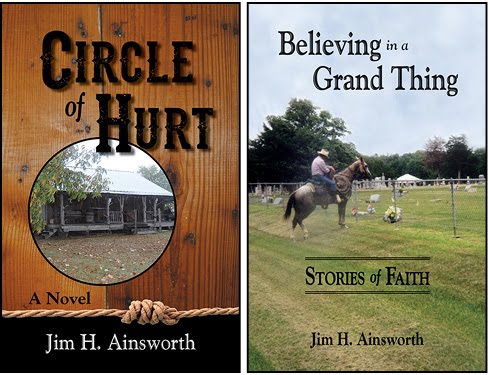So what else makes a best-seller?
What makes one book sell millions of copies while others languish?
I think most would say that
best-sellers are written well, are interesting, and have a hook—the
languishers, not so much. Makes sense, right?
Standard advice: Want to sell a lot
of copies? Write a great book. Well, thank you very much. Who knew? Certainly,
every author wants to write a great book. Most of us, when we put the final
period on the final page of the final edit, feel we have written at least a
good, if not great, book. Of course, we’re often wrong, but sometimes, both
logic and odds say, we will be right.
Do best-sellers really break away
from the pack because they’re great? Are books that rack up low sales poorly
written or boring? Not necessarily.
History is replete with instances of well-written, fascinating books
that few people read. How can that be proven? Many achieved their deserved fame
years after publication when 1) their authors died, 2) the right person with
the right connections decided to say something good about the books (Oprah, for
example), 3) when certain national or world events or trends ignited interest
in the books.
The previously ignored books were
either excellent from the start or they were not. Logic tells us that at least
some of them were good all along. They just didn’t get the attention they
deserved.
Most critics also tell us many
best-sellers are not very good. Some are really terrible. How can that be? Why would hundreds of thousands of people buy
and read a terrible book? I don’t know, but there could be several reasons.
A very famous person might have
endorsed the book in a much-watched TV show or written about it in a much-read
column or blog. The author could be married to a very famous person. The book
could have such an outrageous plot and premise or characters that it arouses
people’s prurient curiosity.
A publisher once seriously
suggested to me that I follow the marketing example set by a former president
who had written a book. After I stopped laughing, I agreed to do that if the
publisher would come up with an advance and book tour like the former president
had. To my astonishment, this publisher did not seem to realize that the man’s
books sold well because he had been president—not because of a marketing
strategy—or even the quality of the book.
I knew some of this when I sat down
to write my first book. It’s all very unfair, of course, but life is unfair.
Nobody is making us unknowns keep writing books that don’t sell well. Most of
us are truly not in it for the money. My financial books outsold anything I’ve
written since. If I was in it for the money, I would have continued to write in
that genre. But I write what I am guided to write.
If we were in it for the money, we
would do something that has a much better chance of making money, wouldn’t
we? We could play roulette or the slots
at a casino or go to the track and bet on the horses. John Steinbeck said,
“Writing and publishing makes horse racing seem like a solid, stable
business.”
Still, I don’t know any writers who
do not want their work to be read—and we want it to be read by a lot of people.
Many of us would give away our books or sell them below cost if only they would
be read. I do give away many books, but only for good reasons and when I
believe they will be read. Otherwise, what would I say to the folks who paid
for theirs?
So who will read what you write? In
my book, A River of Stories, I quote from Charles Handy’s book, Myself
and Other Important Matters. “Few took notice when John Jerome died,
though he was the author of eleven books. Jerome’s brother-in-law wrote for the
New Yorker magazine. He said that Jerome had once been bothered by his lack of
financial and critical success, until he realized that the purpose of his
writing was the pleasure he derived from the act itself.”
Alexander McCall Smith said, “The
whole world is a process that is slipping away from us. Writing is often an
attempt to respond to that, to capture the moment, to help to heal that sense
of separation and loss.”
So what form should our writing
take to garner more readers? Next time.


